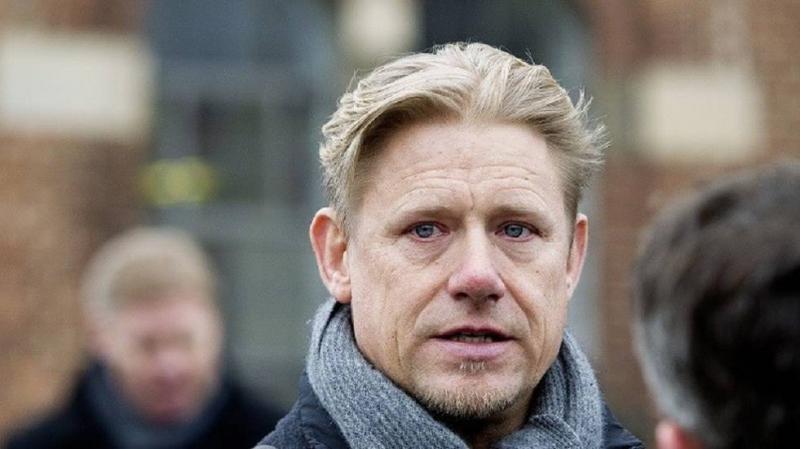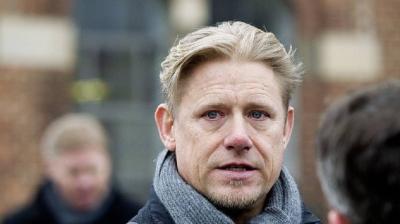The Danish national team played the second extra time against their English counterparts (2-1) on Wednesday, in the semi-finals of the UEFA European Championship, with ten players. Danish midfielder Mathias Jensen sustained a serious injury due to a collision with English right-back Kyle Walker at the end of the first extra time and was unable to continue, leaving his team to finish the match with ten players after exhausting all substitutions, five in regular time and two in extra time.
According to the Danish daily "Ekstra Bladet," the 25-year-old player is suspected of having a fracture and could not continue playing, leaving Denmark without any substitutions. Danish head coach Kasper Hjulmand confirmed after the match that "Mathias got injured and couldn't continue playing. So we played with ten players." He added, "It’s unbelievable that this happened, but one could always say we should have tried something else."
This situation arose while Denmark was trailing (1-2) and needed to pressure the opponent's goal to equalize and go to a penalty shootout. However, attacking effectively with ten players is challenging. Nonetheless, the Danes attempted to level the score, but luck was not on their side.
The regular time ended in a 1-1 draw, with England taking the lead in the final minute of the first extra time with a goal from their star Harry Kane, who converted a questionable penalty. Danish goalkeeper Kasper Schmeichel initially saved the shot, but Kane followed up to net the winner for the "Three Lions."
The decision by Dutch referee Danny Makkelie to award a penalty to England sparked significant controversy, with many deeming it a "referee scandal." Makkelie awarded a dubious penalty against Denmark at the end of the first extra time following a minor collision between English player Raheem Sterling and a defender. Danish players protested the referee's decision, urging him to consult the Video Assistant Referee (VAR), but he did not view the incident himself, relying instead on communication with the VAR officials who supported his decision.
The Dutch referee's decision raised controversy for two reasons: first, many commentators and analysts argued that there was no contact justifying a penalty, and second, there was another ball near the Danish penalty area where Sterling fell, suggesting that the match should have been stopped.
Former Danish football legend and goalkeeper Peter Schmeichel, father of current goalkeeper Kasper, stated that the referee made a grave error in awarding England a penalty. Speaking during a studio analysis of the match on beIN Sports, Schmeichel said, "The English team could have scored more goals in extra time. I think the referee made a huge mistake in awarding the penalty to England. The penalty sparked a lot of debate; in my opinion, it is not a penalty."
Schmeichel, the 1992 Euro champion, added, "I would have accepted it if they had scored a regular goal and not from a penalty; the referee made a significant error. We are proud of what the Danish team did; they performed honorably and exited the competition with dignity."
It is worth mentioning that the English national team qualified for the final of the European Championship for the first time in its history and will face Italy on Sunday at Wembley Stadium in London.




